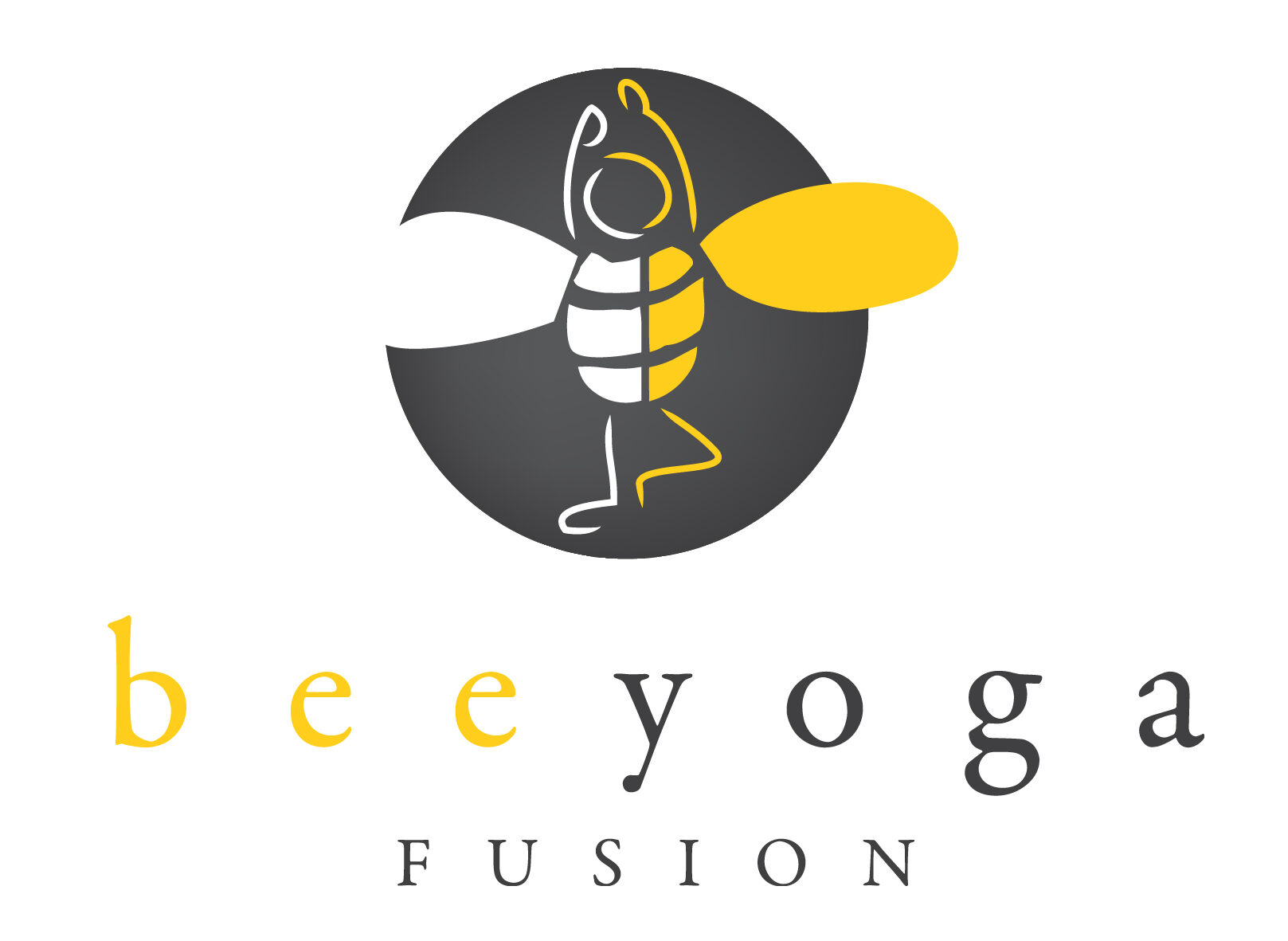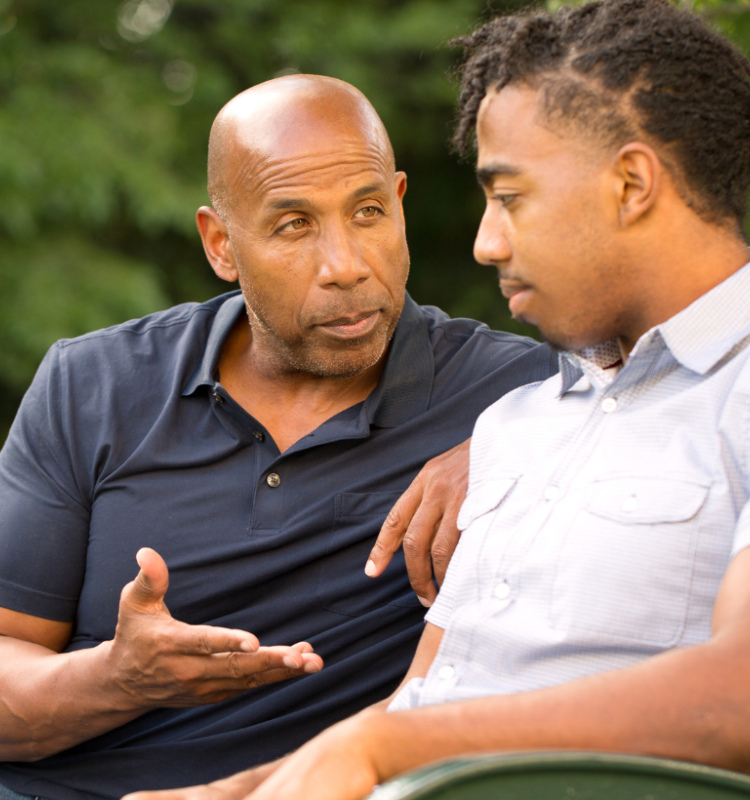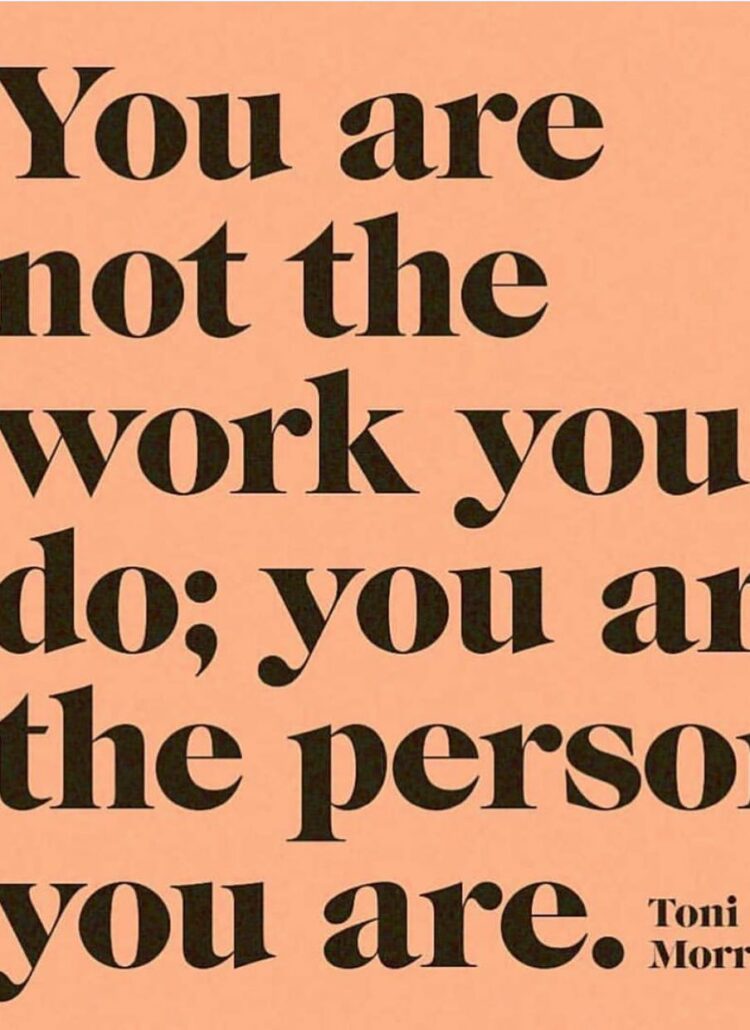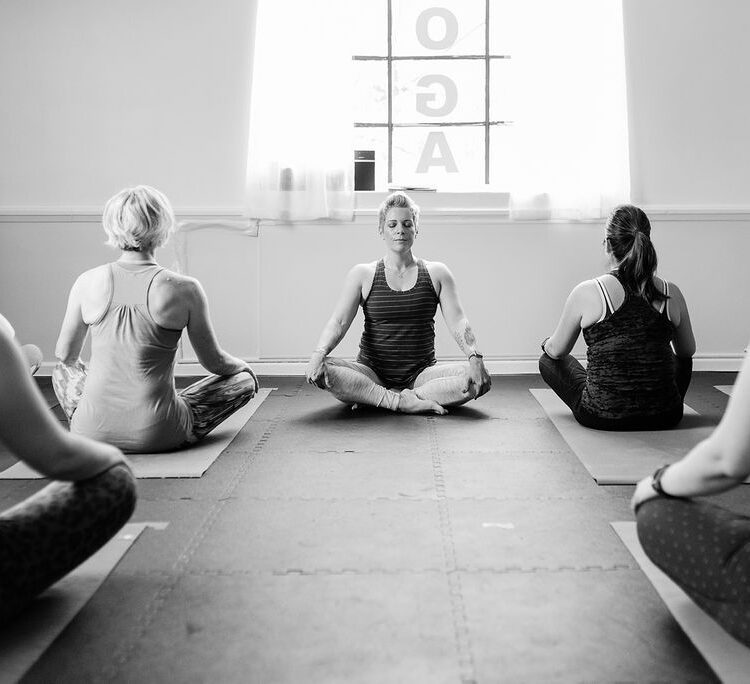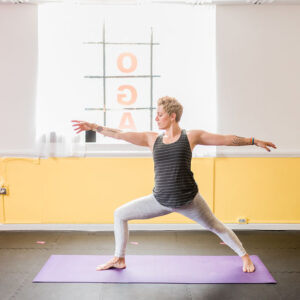As you look around the house, see the clutter, the mess, the disorganization…whatever we want to call it as a representation of our emotional state of being.
The clutter that is living on our countertops, and the piles of laundry, both clean and dirty, that have melded into each other that we now can’t tell the difference between the two. Or the drawers that hide all the things we don’t know what to do with but will get to organizing “someday.”

Some folks believe that the mess means that they are too busy living a fantastic life to care about what their house looks like. But I want to challenge that way of thinking. Let’s go back to the simple phrase; you must love yourself before you can love anyone else. You’ve heard it whisper off people’s lips at some point, and it’s repeated because it’s true. Loving ourselves is loving all aspects of our lives, including our homes. If we are neglecting cleaning, tidying up, and living in a functional space, it can mean that we are neglecting to feel emotions as well. Putting our heads in the sand, so to speak, so that we don’t have to deal with the realness of what we are feeling.
I’m not suggesting that you have to live in a white glove-clean type of house or that your home has to look showroom ready. But spending time each day to allow your home to work with you instead of against you. Beginning each day by living in a space that exudes feelings of happiness, calm, and peace allows you to go out into the world and interact with others by being in that emotional state. Imagine if you showed up to work or your kid’s swim team practice not in a frazzled, worried you forgot something state of being. But instead, feeling at ease both in your body and mind.
So before you get out the vacuum and break a sweat cleaning your whole house.
I want to offer you a real-life example from working with one of my life coaching clients to help you navigate and understand this work a bit better. The area of her home that would become disorganized was a part of her kitchen counter. It was where she would pile up the mail, receipts, and other important paper things that she would eventually get to when she found the time. It was an eyesore; everyone who came into her house would see it.
She had tried to put the things in a basket to hide or contain the paper, but eventually, that would become full and spill onto the counter. As we discussed this pile, it became clear that she didn’t want to deal with her feelings of shame because she had gone into credit card debt. She was highly educated, acquiring a Ph.D., and yet she couldn’t get a handle on her finances. As we continued to discuss the basket full of random bits of paper, she admitted that the whole thing made her feel stupid. And she was always labeled the “smart one” in the family among her siblings, so why couldn’t she get this under control?
So rather than buying yet another organizational system for her home. We needed to dive into the emotional work of understanding how she was feeling throughout her day. So for several days, she set a timer on her phone to go off at four different times throughout her day. Choosing times in which she’d be in various locations, first thing in the morning, midday at work, the time between eating dinner and going to bed, and right before her head hit the pillow. What we learned is that instead of scrolling and shopping, she began to take walks and do gentle stretches when the stress of work made her want to detach emotionally and buy buy buy.
Then, we needed to tackle how she dealt with her fiances. Together we created a system of how she would track her purchases so that she would feel more in control of her money.
After doing the emotional work and creating a solution to the problem area, it was only then that we could look at how to organize her mail better. Rather than dreading opening the mail, she began to feel proud of herself for moving in a better direction in her life.
I want you to look around your home and see where the clutter and disorganization tend to build up. If you are really honest with yourself, what does that clutter represent? And let’s not just point fingers at the other people we share a space with. Start with what you would say are your problem areas, and then we can tackle the kids’ backpacks and shoes.
Are you putting your head in the sand, so you don’t have to deal emotionally with the real problem? What do you think that clutter represents emotionally? Use the wheel below to identify the first feeling and work your way out or in, whichever is easiest for you. When I presented this to my client, the first emotion that she could identify with was “Stupid.” We worked our way backward, and she was surprised that that feeling stemmed from sadness. She wouldn’t identify herself as a sad person, per se. But after she gave it some thought, she could see the connection. But it wasn’t where she started, and that’s okay if we each use this tool differently.
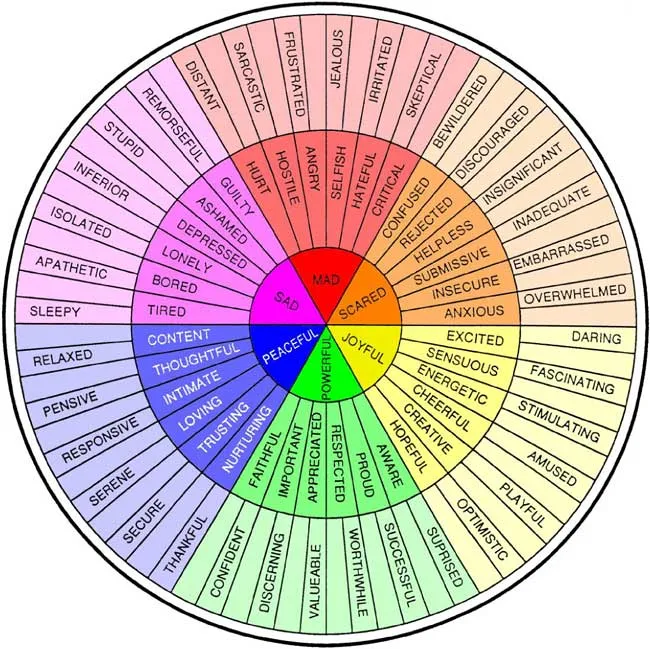
The next step after identifying your emotions is to tackle the underlying issue. Going back to my client’s example, that is when we created a system to track her finances better and created an alternative of self-care rather than shopping. If you’d like to schedule a call to tackle this work, I would be happy to help you personally so that you can navigate this in two or three sessions.
This a reminder that the continual problem of disorganization isn’t about buying a better storage system but instead looking at the emotions of why it is continuing to happen. Be honest with yourself and write the answers down in a journal.
How do those emotions feed into this problem area of your home? What is it that you don’t want to see or feel? Find a way to focus on those emotions using self-care tools. You could incorporate simple activities that don’t cost money into your day. For example, reading a few pages of a book, drinking a cup of tea, or taking a walk. It’s when we feel that we are living in a place of abundance emotionally that we can then tackle that problem area of our home in an organized manner.
What self-care rituals will you put in place this week?
Gretchen Schock is a health and life coach specializing in helping people create healthy habits around food, movement, and self-care. Contact Gretchen to set up a consultation call to learn more about the health and life coaching sessions that are offered at Bee Yoga Fusion.
